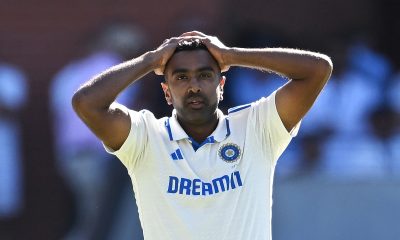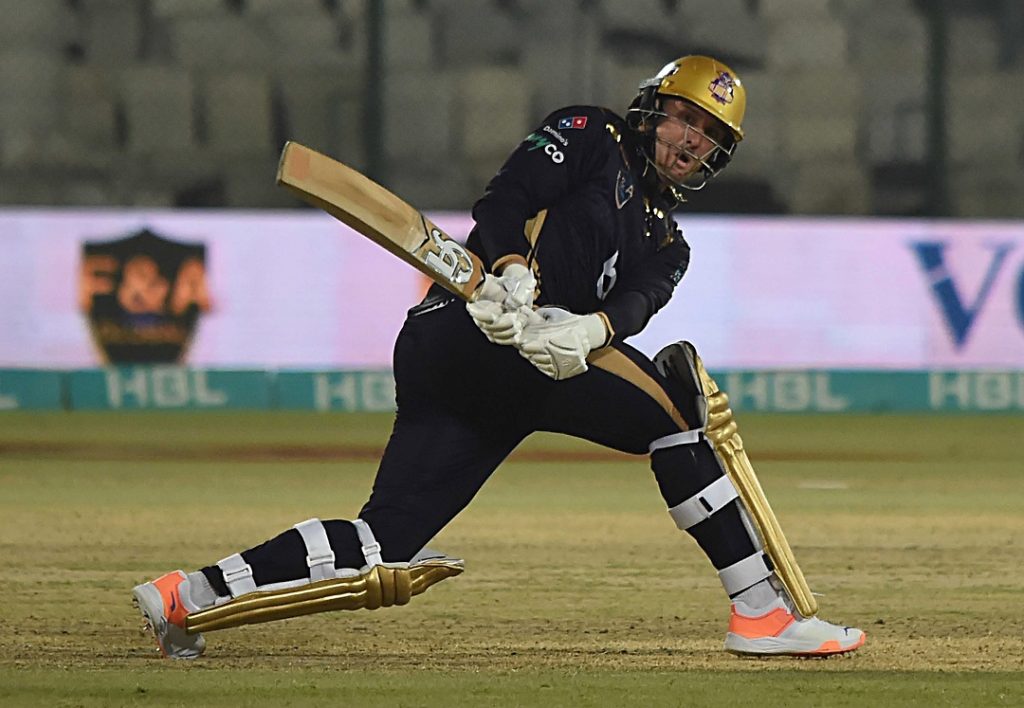Cricket
OPINION: Jason Roy contract call shows franchise power
England batsman Jason Roy’s decision to get out of his ECB central contract shows just how enticing franchise cricket can be.
More in Cricket
-


NEWS: Nathan Ellis wants to step up for Australia in absence of big-name fast bowlers
Hazlewood and Cummins were forced to withdrew from the global tournament due to injuries...
-


NEWS: Sri Lanka capitalise on Ireland errors to secure T20 World Cup opening win
Sri Lanka opened their ICC Men's T20 World Cup campaign with a 20-run victory...
-


Preview: T20 World Cup Games
Proteas enter the fray on day three of T20 World Cup as Canada encounter...
-


NEWS: Indian legend reckons New Zealand will be better than Australia at T20 World Cup
The 2026 event will be staged in the subcontinent, a factor Ashwin believes could...

















